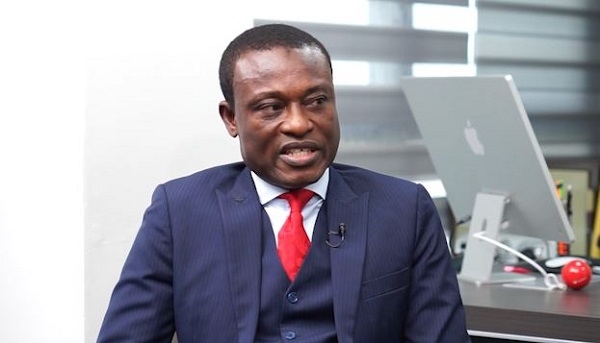U.S. Strikes Iranian Nuclear Sites, Trump declares operation a successful one
Washington, D.C. – On Saturday, June 21, 2025, President Donald Trump announced that the United States military conducted airstrikes on three Iranian nuclear facilities—Fordow, Natanz, and Esfahan. In a post on Truth Social, Trump declared the operation a success, stating, “We have completed our very successful attack on the three Nuclear sites in Iran, including Fordow, Natanz, and Esfahan. All planes are now outside of Iran air space. A full payload of BOMBS was dropped on the primary site, Fordow. All planes are safely on their way home.”
The strikes, which mark the first direct U.S. military action against Iran, targeted key uranium enrichment sites. Fordow, a heavily fortified underground facility, was hit with multiple bunker-buster bombs, believed to be the GBU-57 Massive Ordnance Penetrator, carried by B-2 stealth bombers. Natanz and Esfahan were also struck, reportedly with Tomahawk cruise missiles launched from U.S. Navy submarines.
In a televised address from the White House at 10 p.m. ET, Trump, joined by Vice President JD Vance, Secretary of State Marco Rubio, and Defense Secretary Pete Hegseth, described the strikes as a “spectacular military success,” claiming Iran’s nuclear enrichment capabilities were “completely and totally obliterated.” He emphasized the operation’s precision and credited the U.S. military, saying, “There is not another military in the World that could have done this.”
Trump called for peace, urging Iran to end hostilities and warning that any retaliation would be met with “force far greater than what was witnessed tonight.” He also praised Israeli Prime Minister Benjamin Netanyahu, stating the two had “worked as a team” to address the Iranian nuclear threat. Netanyahu, in a video statement, hailed the U.S. action as a historic move that “will change history.”
Iranian officials confirmed the attacks, with state media reporting that Fordow’s air defenses were activated and parts of the facility were hit. Local reports also noted strikes near Isfahan and Natanz. Iran’s Foreign Minister Abbas Araghchi and Supreme Leader Ayatollah Ali Khamenei had previously warned of severe consequences for U.S. military involvement. The Islamic Revolutionary Guard Corps (IRGC) issued a statement vowing “severe punishment” and targeting U.S. interests in the region.
The operation followed weeks of escalating conflict between Israel and Iran, which began with Israeli airstrikes on Iranian nuclear and military targets on June 13. Israel has cited Iran’s nuclear program as an existential threat, while Iran insists its program is for peaceful purposes. The U.S. strikes come after unsuccessful diplomatic efforts by the Trump administration to curb Iran’s nuclear activities.
U.S. officials notified Israel prior to the strikes, and Trump spoke with Netanyahu afterward. However, congressional leaders, including the Gang of Eight, were not fully briefed in advance, drawing criticism from some lawmakers. House Minority Leader Hakeem Jeffries called the action a “blatant violation” of constitutional war powers, while Republican senators like Ted Cruz and Rick Scott praised the strikes as necessary to prevent Iran from acquiring nuclear weapons.
The Council on American-Islamic Relations (CAIR) condemned the strikes as an “illegal and unjustified act of war,” arguing they were based on false claims about Iran’s nuclear intentions. Iranian state media claimed nuclear materials were evacuated from the sites prior to the attacks, though the extent of damage remains unclear.
U.S. forces in the Middle East are now bracing for potential Iranian retaliation, with additional military assets, including F-16, F-22, and F-35 squadrons and the USS Carl Vinson aircraft carrier, deployed to the region. Homeland Security officials are also monitoring for possible cyber or physical reprisals on U.S. soil.
Trump concluded his address by reiterating his call for peace, stating, “Now is the time for peace! Thank you for your attention to this matter.” The strikes represent a significant escalation in the Israel-Iran conflict and a defining moment for Trump’s second term, with global leaders and analysts warning of the risk of a broader regional war.











